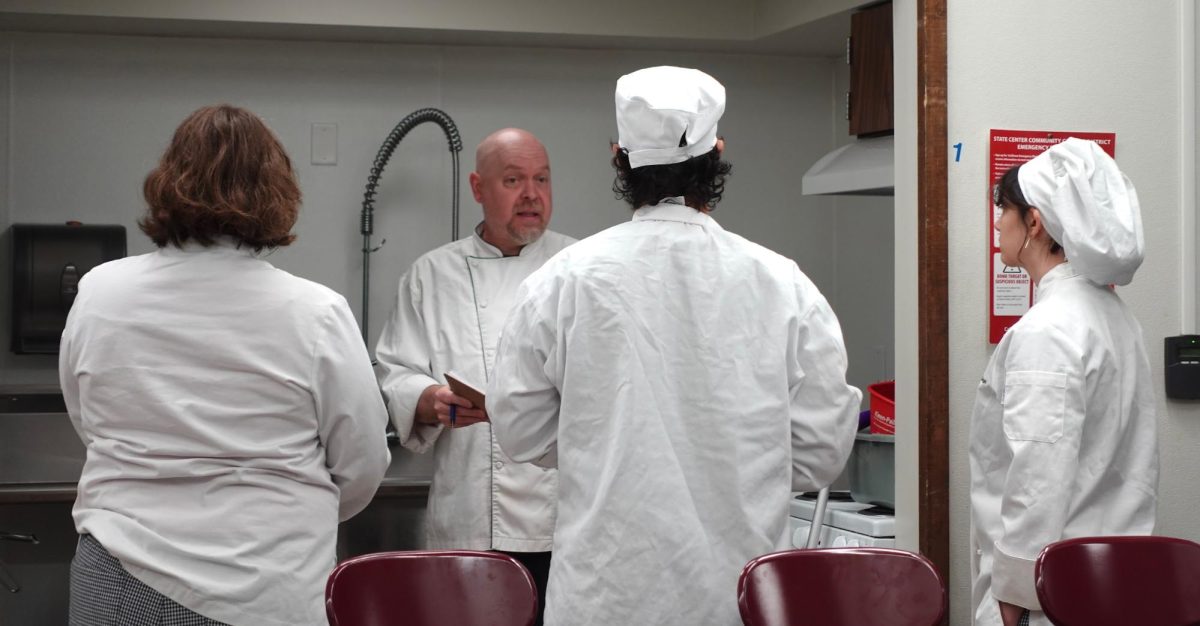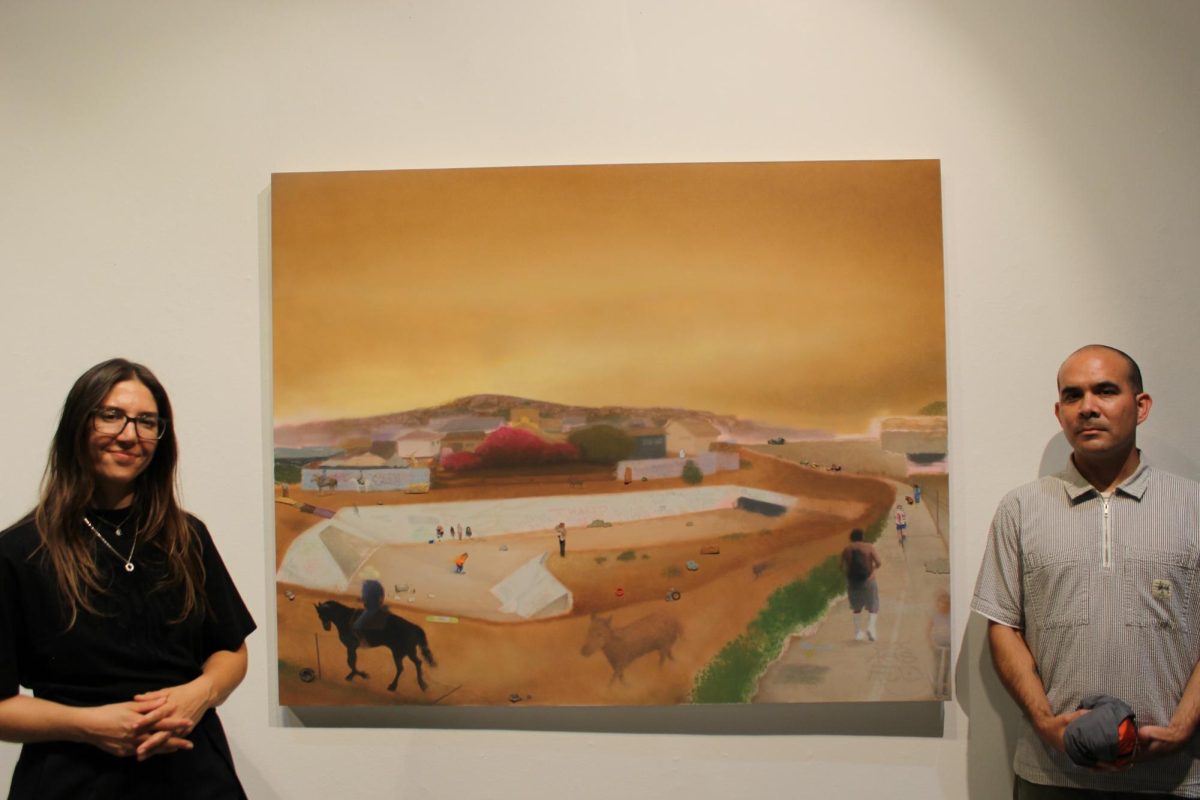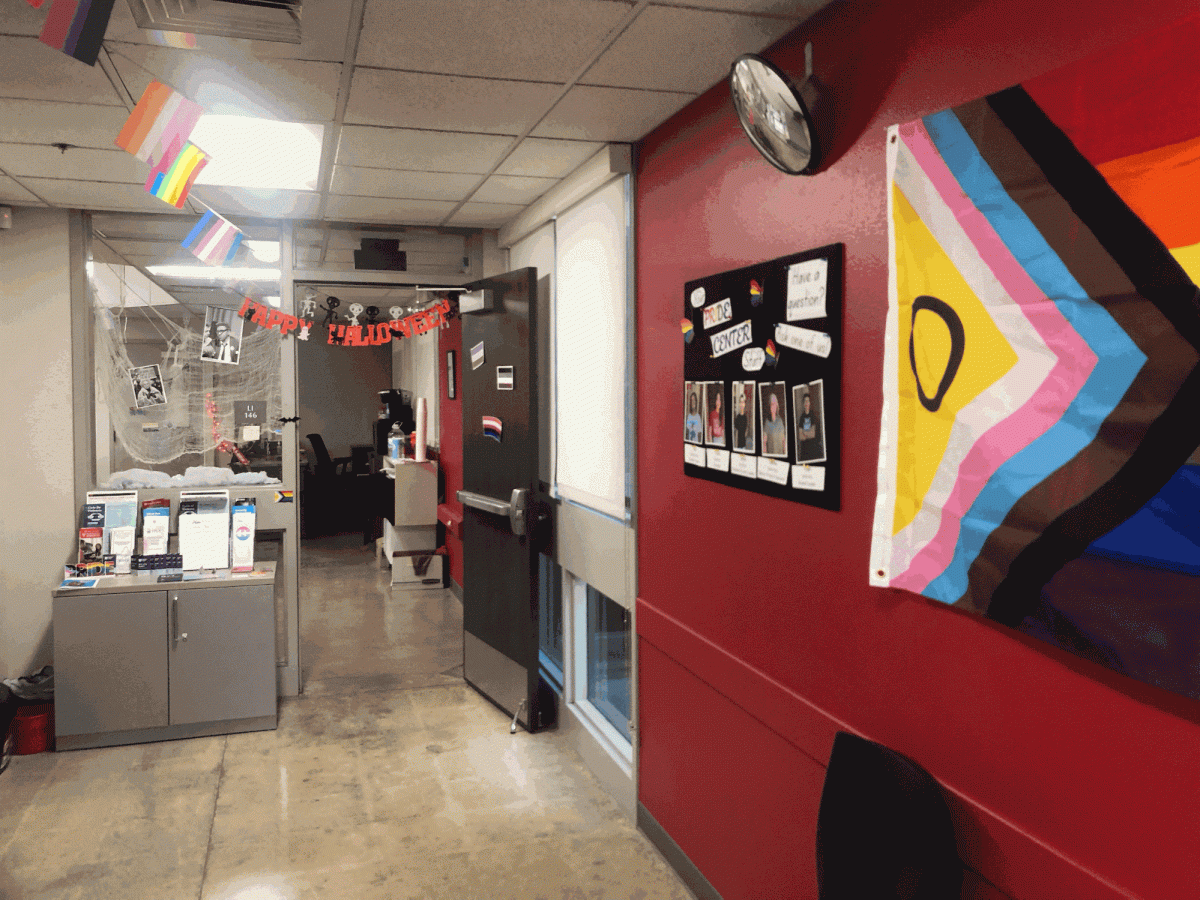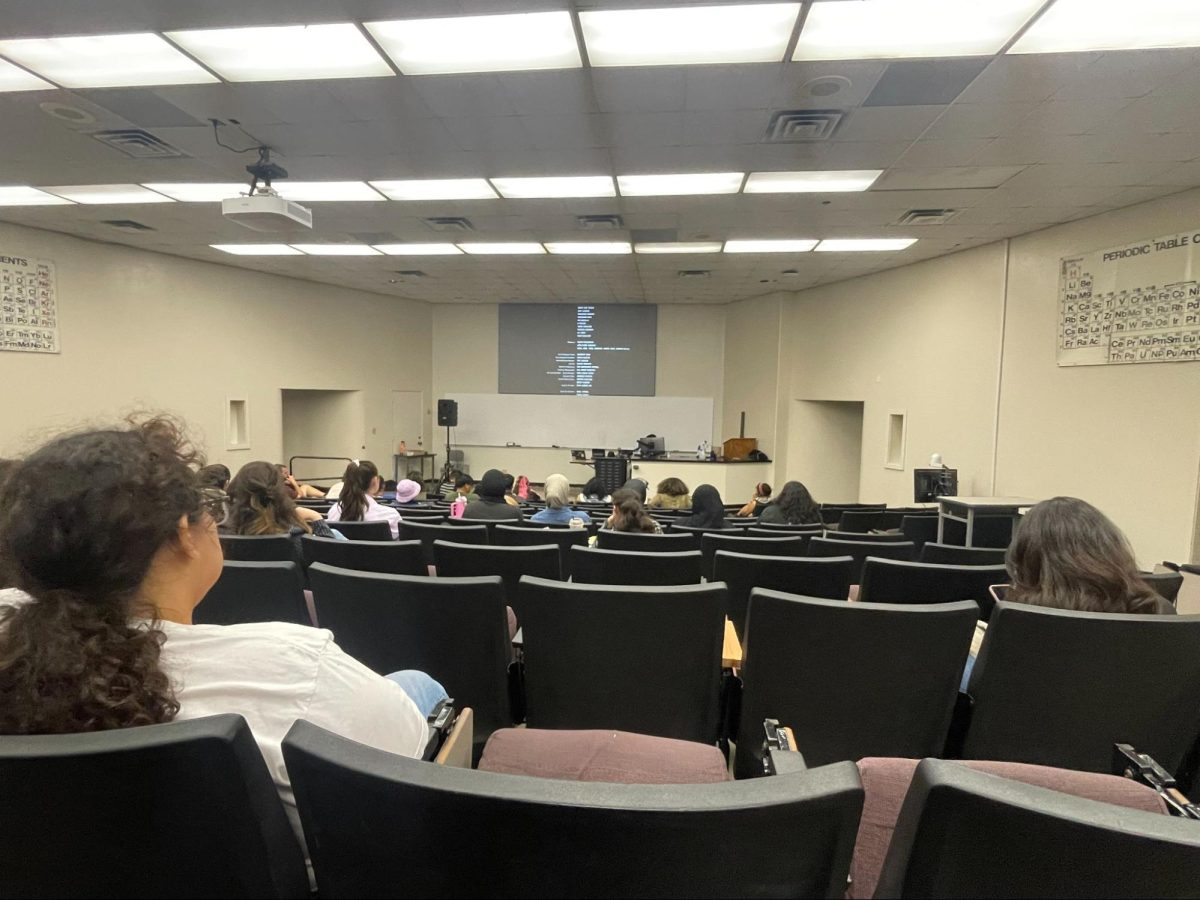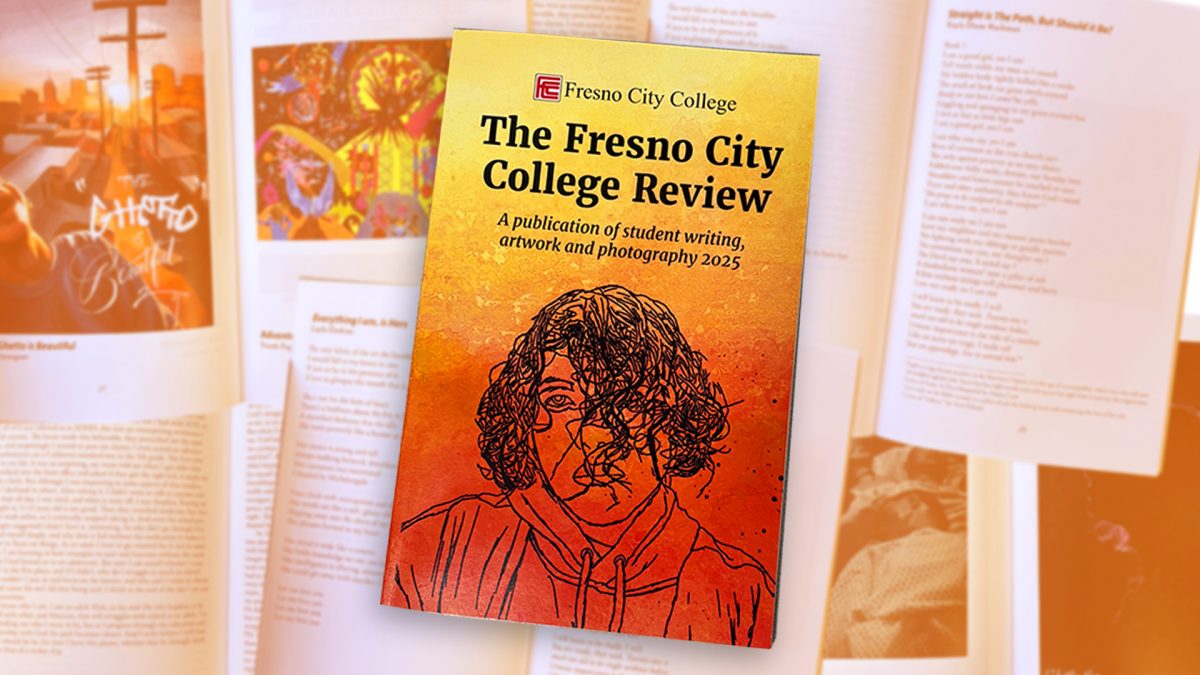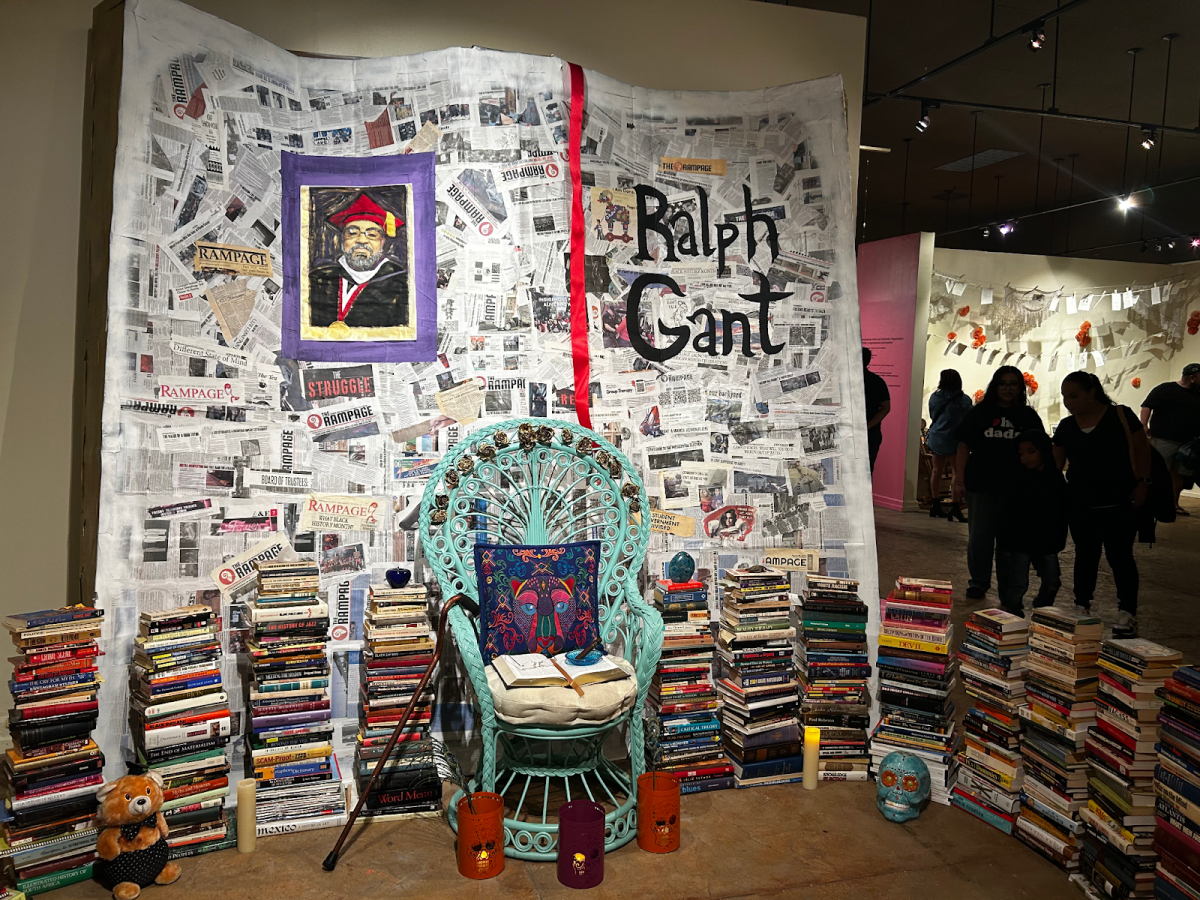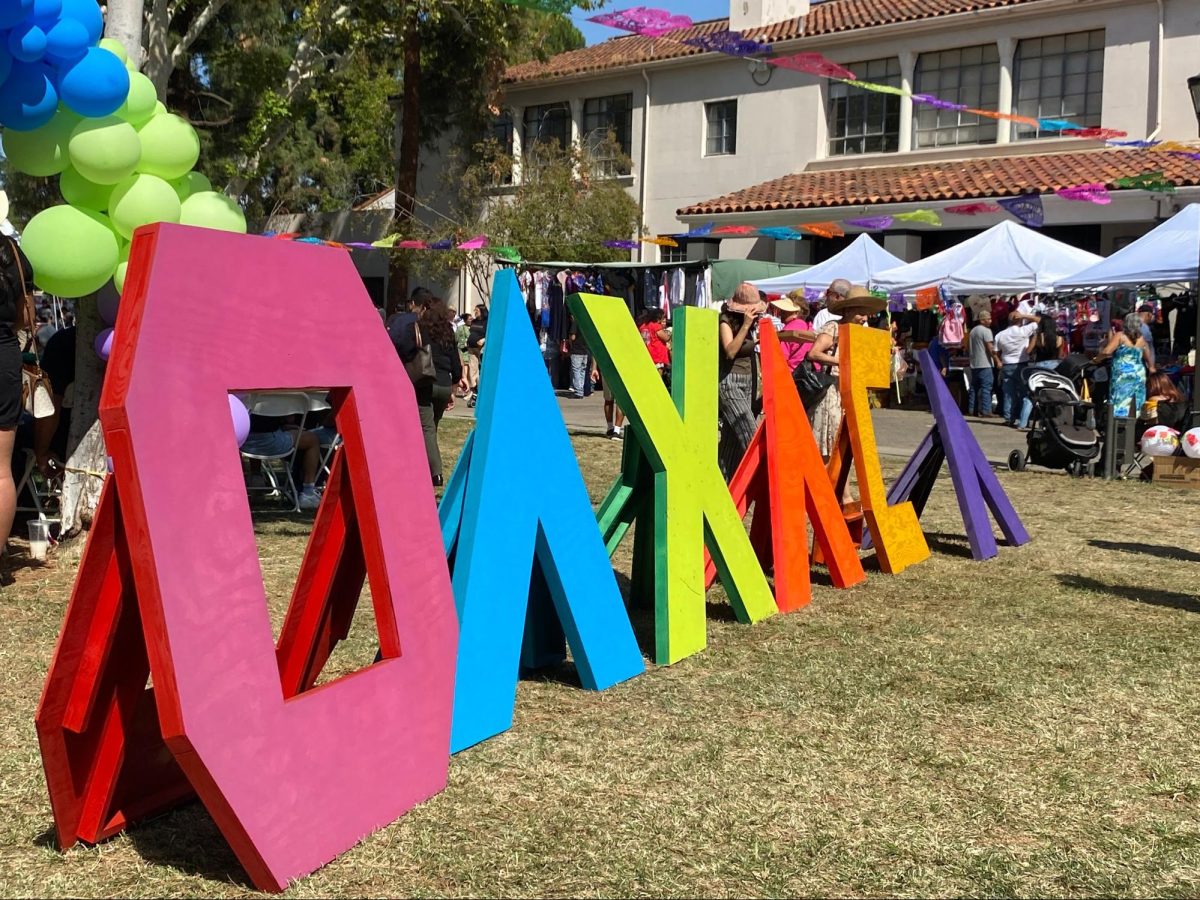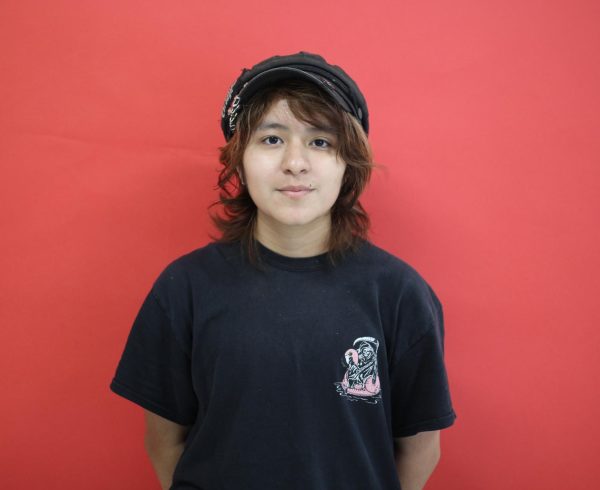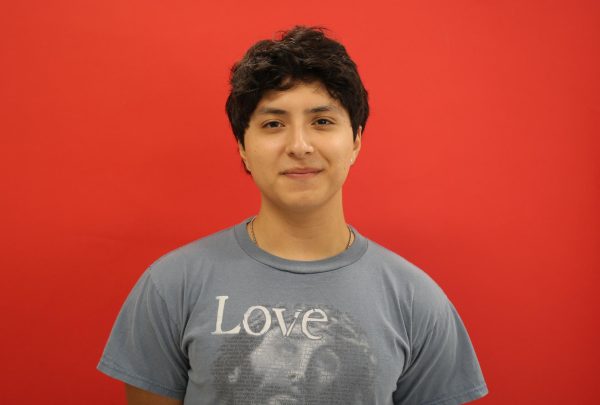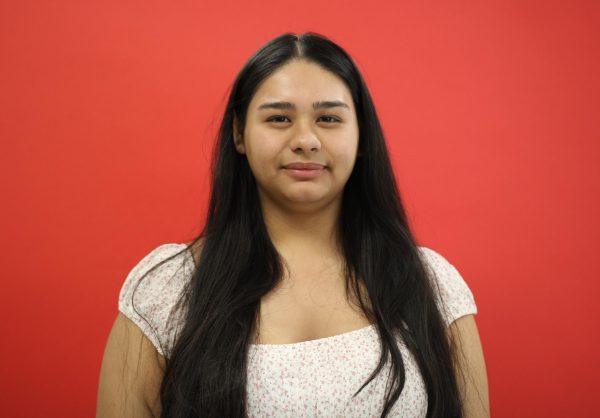Fresno City College’s culinary arts program is designed to prepare students for entry level careers in the food service industry. But during a time where getting a bite to eat is more expensive than ever, culinary students haven’t been able to serve meals to other students on campus. A lack of promotion and facilities could be limiting students’ experience in the industry.
Professor and presenting service instructor Justin Cardella said the culinary program is designed to prepare students for careers in the food industry.
“The program is all about food service management, culinary arts, leadership, safety and even culinary math,” Cardella said. “Students learn everything from menu design to how to manage people and establish relationships with vendors.”
Chef Jonathan Davey, head instructor and full-time faculty of the culinary arts program, said that it’s common for academic programs like culinary arts to take over food services on campuses, serving meals made by students for students.
Davey said the biggest thing standing in the way of that for FCC is the size of their program.
“We’re a pretty small program, and so our students, they’re a small enough number that they come in and they move through the program. They wouldn’t really be ready to serve the public like that until late in the second semester,” Davey said.
Primo Nosh is currently a food provider for FCC’s cafeteria. Davey said that in order for the culinary program to take over, they would need a constant stream of students equipped with the proper skills year-round.
“We’ve grown, but we haven’t grown enough to where we’d be able to take on that responsibility,” Davey said.
Better equipment is also something the program is trying to look into. Hands-on culinary classes at FCC currently work with home-style kitchen arrangements, meaning that while students learn the basics of food service, they aren’t using commercial-grade equipment seen in professional kitchens.
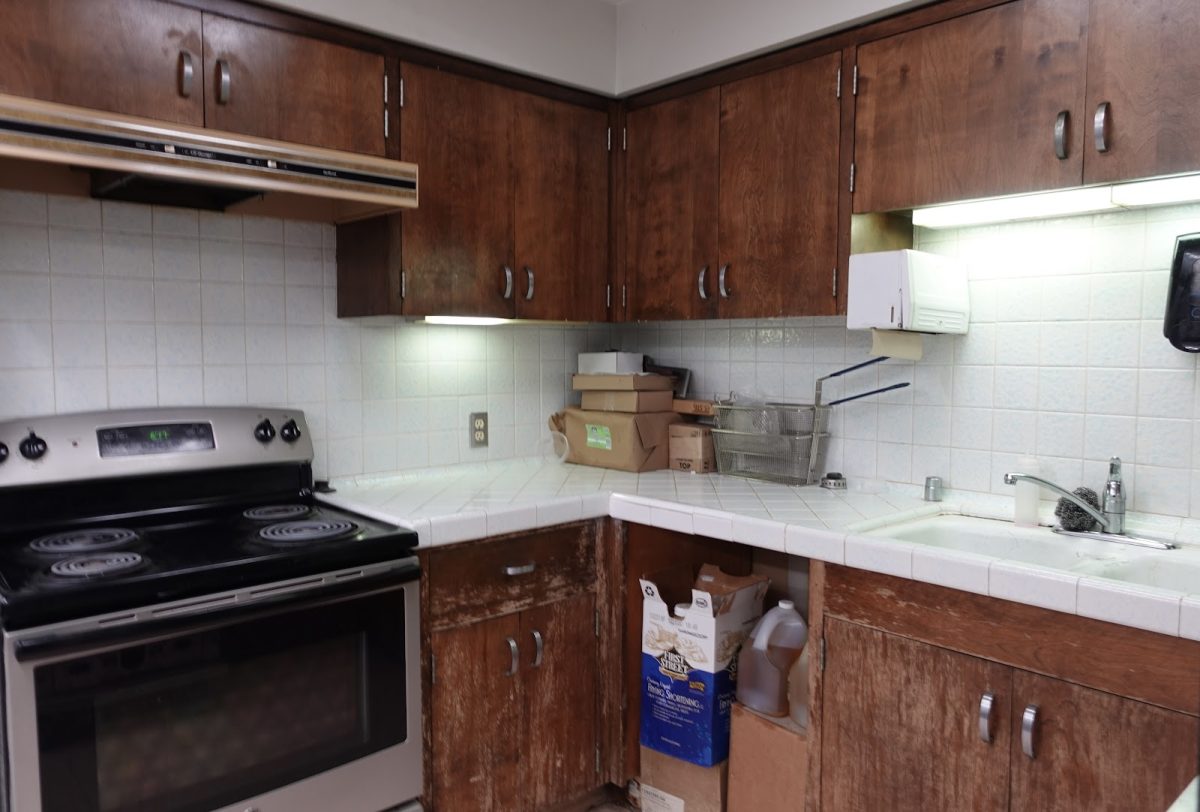
Davey said there’s been talks with FCC about building a commercially appropriate kitchen for students to work in, but as of now, students can transfer to Fresno State to further their culinary education.
“The more experience they have on commercial equipment, the more ready they’re going to be to go out and work in a commercial kitchen. So for now, we can teach them the basics, but we can’t give them all of the experience that we want to give them,” Davey said.
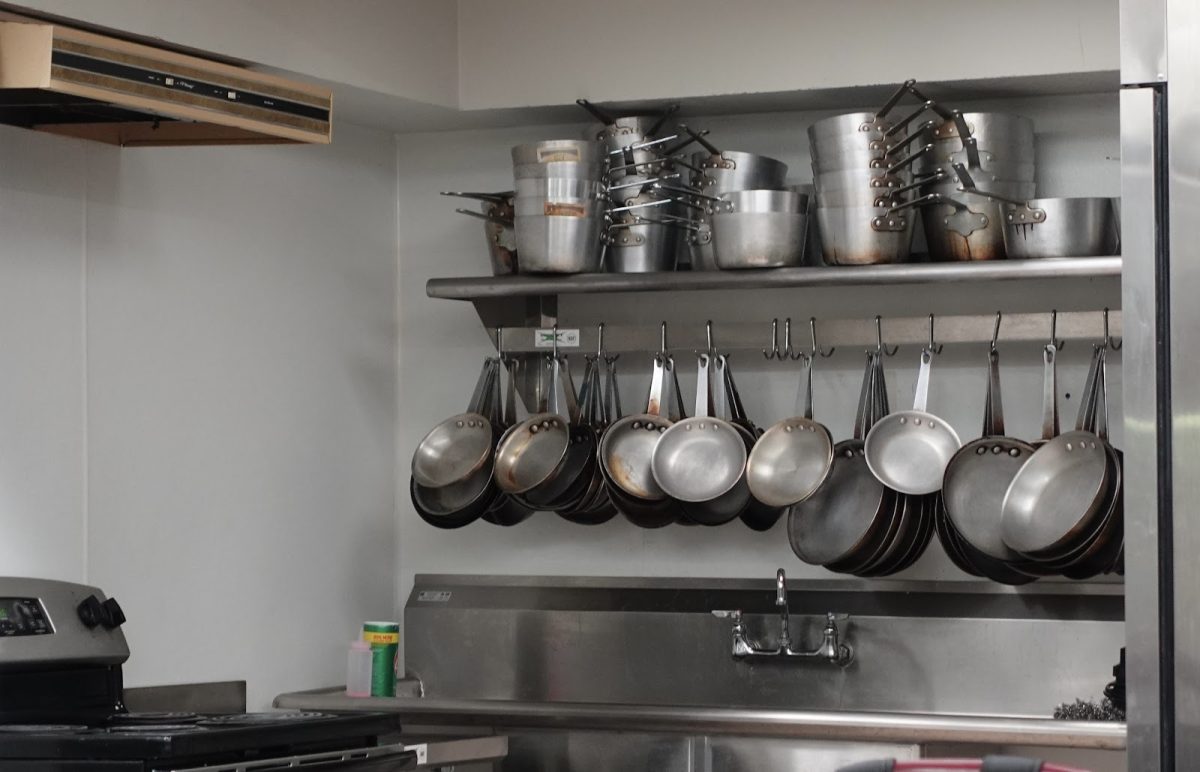
On the more likely side of things, Davey said the program has begun the use of a food truck operated by students and their work.
The hope is for the vehicle to either join the food trucks out on campus every day or for it to be moved to the West Fresno Center campus, among other ideas.
“The holdup there is that we don’t have the infrastructure to run the truck as a public service truck. There’s requirements that the county has as far as who can sell to the public. So currently we can’t load that truck up with food and some students and go sell to the public, but down the road, that’s absolutely where we’re headed,” Davey said.
The program does provide similar opportunities for students on and off campus.
Cardella said Food Safety and Management, a class operating in the spring, lets students prepare temporary menus of their own. The class regularly serves meals to staff at events with the help of donations.
“It’s completely done by students and I mean, it’s a real hands-on kind of experience, and so they feel the real life kind of pressure of service and presenting, and, you know, having to look that customer in the eye,” Cardella said.
Last year, Davey said students participated in the Farm to Fork charity auction run by the State Center Community College Foundation. Students prepared a 20-person meal for the auction and built a four-course menu for the event.
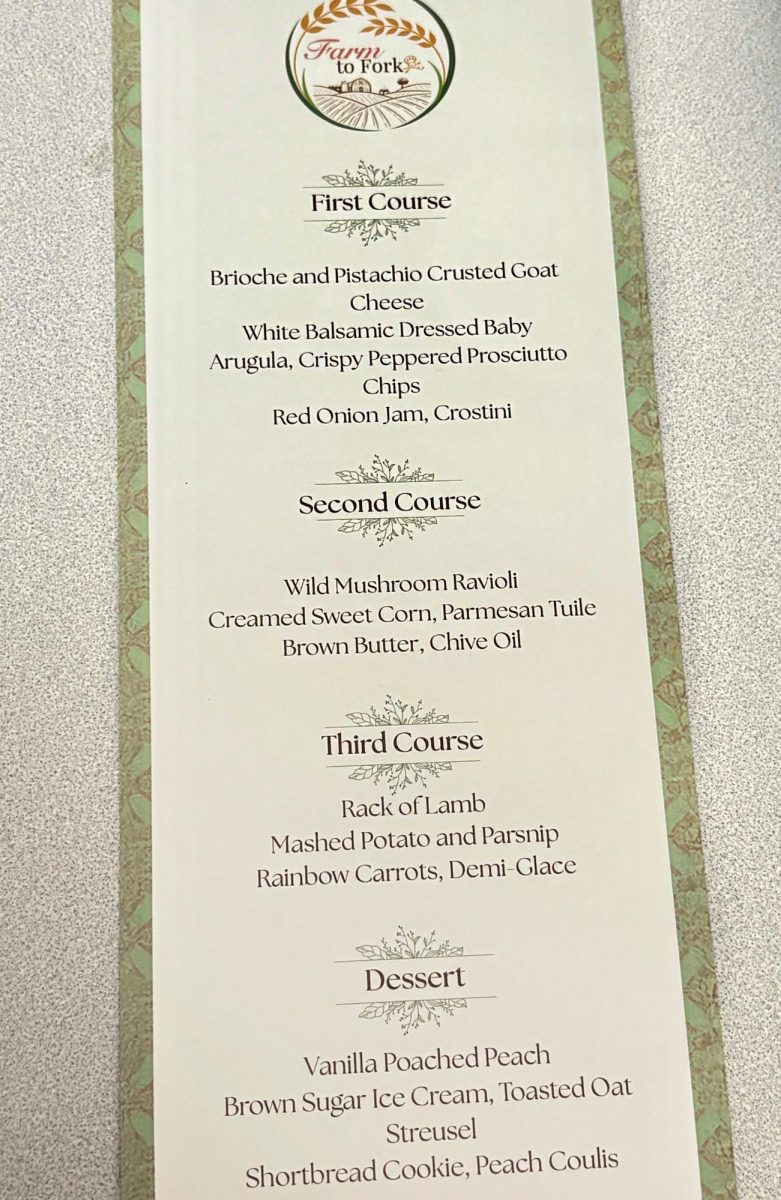
“So we’ve done events like this where, you know, this is fine dining, we really can do it all,” Davey said.
Asha Overton, a student in food nutrition, said that more opportunities to serve events outside of class would be something she could look forward to.
“It’d help students build their skills and get that outside experience, especially if they’re going to cook for like, known restaurants like Applebee’s or even bigger restaurants, or if they wanna become five-star chefs in the future,” Overton said.
While FCC’s program is small, Cardella said there will always be a need for those students no matter the circumstance.
“Whether it’s in a hospital or in long term facility cares or restaurants, you know, regardless of what industry you end up going into, there’s always going to be a need,” Cardella said.
The program offers both lecture and hands-on classes.
“FN-1 focuses on knife skills and cooking techniques, FN-2 builds on that, and FSM-38 teaches students how to make food in big batches and get it out quickly during service,” Cardella said.
Students agree that expanding that opportunity could be beneficial. Overton said more real-world cooking experiences would help students be more well prepared for the industry.
“I feel like that would be really beneficial,” Overton said. “It would help students get experience and build their confidence before working in actual restaurants.”
Another student in food nutrition, Lauren Clack, said she likes the idea of serving others as part of a project.
“We already make full meals for our finals, salads, soups, entrees, everything,” Clack said. “It would be cool if we could serve that to students and get feedback. It’d be a great learning experience.”
Cardella agreed that hands-on experience is one of the most valuable parts of learning culinary arts. Beyond professional skills, he said the program also teaches useful life skills.
“The things you learn here, you use them every day,” Cardella said. “It’s not just about working in restaurants. You learn to cook healthy meals, save money and make food safely for yourself and your family.”
Both Overton and Clack say they’d welcome more chances to serve food on campus. Not only would it give them more experience, but it could also bring something new to FCC campus life. Until then, these creations of the students will stay behind the doors of the culinary lab, waiting for their moment to be shared.

